Briggs Seekins
The New Year begins with a vacancy in the heavyweight division, as longtime WBC champion Vitali Klitschko chose to walk away from the sport in December at age 42, to focus his full attention on the developing political crisis in his native Ukraine.
Once again the sport we love is intersecting on intimate terms with very serious world affairs. Just as Ali needed to be willing to vacate the heavyweight championship in the 1960s to make a more important moral point, Vitali Klitscho now finds himself in a position where he must accept certain responsibilities that are far more important than even the biggest championship in sports.
I once wrote about the oldest Klitschko brother that in other centuries he might have led armies across the Eurasian Steppes. Dr. Iron Fist is a legitimate academic Doctor, and the oldest son of an air force colonel. In the old Soviet regime they grew up under, Vitali and his brother were respectable student-athlete types, and to the manner that social class existed in their society, they were upper middle class. That’s not to say that they enjoyed any of the material comforts an upper middle class American of their generation took for granted. But in terms of their approach to career and the future, they grew up as part of their society’s professional and managerial class. I think this partly explains why the brothers never got the appreciation they deserved from American boxing fans.
In the U.S., boxing is a pretty blue collar sport. Because of the city where I live, I’ve sparred with a few Ivy League students who knew how to box a little and didn’t mind getting punched in the face, but I’m only a middle-aged hack myself. Great boxers in the United States are largely urban and/or working class kids.
But the Klitschko brothers hail from a far-more rugged culture than the post-World War II United States. Theirs was a society with compulsory military service. The Greco-Roman wrestling legend and monster-human hybrid Alexander Karelin was among the Soviet Republic’s greatest athletic heroes.
Guys in the Klitschko brothers’ equivalent social class in the United States generally do sports like tennis, soccer and rowing. All grueling, highly respectable and potentially exciting athletic contests. But not the blood-and-guts drama of the combat sports.
In the Ukraine Klitschko was a national kick-boxing champion before he focused on Western boxing full time. I think the fact of Klitschko’s roots as a gentleman-athlete were present in his first and only truly serious clash with American fans, when he chose to retire in his corner with a shoulder injury, when he was far ahead on the cards against Chris Byrd in April 2000.
At the time Klitschko was the undefeated WBO heavyweight champion, a perfect 27-0 with 27 KOs. To many American fans who grew up on Rocky Movies and Ali-Frazier in real life, it was unthinkable that a champion putting together what looked like a potentially historic career would chose not to gut out the championship rounds.
But from Klitschko’s point-of-view, it was an athletic contest, not a life-or-death, epic struggle. And as a competitor, he could feel confident about having proved who was the more talented fighter.
It’s hard to argue with the logic of such a position, especially when you are talking about large men who are risking serious injuries. And Klitschko certainly has come back to forge one of the sport’s most dominant reigns as a heavyweight champion.
But he also seemed to accept the emotional reality of prizefighting at the world championship level, what the great champions from John Sullivan to Evander Holyfield always knew, that to truly be recognized as the baddest man on the planet and earn all the prizes that come with it, a fighter has to be willing to put himself on the line and treat each victory as non-negotiable.
Perhaps the fight that most demonstrated the elder Klitschko brother’s warrior heart was his only other career loss, his TKO on cuts to Lennox Lewis in 2003. Fighting on short notice, Klitschko took the action to the champion and forced a mighty rumble between physical giants. It was shaping up to be one of the greatest heavyweight battles of all time. As it stands, it’s certainly worth telling your grandkids about.
I give full credit to Lewis for landing the punches to win that fight. It’s the point of the game. And he didn’t owe a rematch to anybody, though it is certainly one of the fights in my lifetime that I would really like to have seen.
Since that night long ago against Lewis, Vitali has barely lost a round. It’s interesting to try to rate him against the all-time greats. I feel like Muhammad Ali would beat him on speed, that Larry Holmes could use his jab and movement to out-maneuver him and that George Foreman could back him up and hurt him. But I grew up with those fighters.
I think Tyson at his best might be able to explode up under Klitschko and chop him down in dramatic fashion. But I also think Tyson post-prison would get dismantled and sent to dreamland by Klitschko.
I’ve seen the sentiment expressed a few times in comment sections and on social media that American fans can never forgive the Klitschko brothers for the offense of failing to be Americans. I don’t think that is entirely true. More and more American fans line up every day to cheer for fighters like Gennady Golovkin and Sergey Kovalev. I even hear right-wing nutbags all the time who seem to genuinely admire Vladimir Putin in the same way their equivalents in the 1930s thought Mussolini a really swell guy.
But because they are from a later generation, GGG and Kovalev have more of the look of the hungry immigrant, which has always been a favorite archetype of American boxing fans, who very often share it a recent background. The Klitschko brothers have always seemed a little more like extremely gifted sportsmen who might just as easily be taking office hours at a University or holding some sort of executive position in the business world.
Of course, that background is what has made them special. And in Vitali’s case, I would argue that it has ultimately made him among the most compelling champions in history. The Ukraine has been located in a politically sensitive crossroads for as long as people have had memory. Vitali and his political party seem to be representing a very basic level of decency and respect for human rights in a country where those boundaries have been crossed by the powers in charge.
Muhammad Ali once gave up the heavyweight championship so he could oppose a military intervention that he did not believe in and I would maintain that his actions very much influenced the course of world history.
Vitali Klitschko is vacating right now in a country where that belt is still properly respected as the biggest championship in sports. He’s vacating, like Ali in an earlier generation, because he recognizes a bigger responsibility to his people.
Since John Sullivan won the last bare knuckle title fight in a secret pasture in Louisiana at the start of the Industrial Age, the heavyweight boxing championship has always had a certain mythic importance that transcends mere sports.
There’s been no more important sports figure in American history than Joe Louis. The son of sharecroppers in the deep South who escaped to ghettos in Detroit, Louis’ unique talent and position in history placed him in a position to help the United States glimpse it’s destiny as a multi-racial, democratic society.
The history of racism in North America is complicated, with moments of pure evil visited by one group of people upon other groups. But at other times, the true melting pot of the United States has advanced human evolution. That’s what our grandparent’s generation did when they stopped fascism in it’s tracks by winning World War II.
In my Junior High History textbook, Joe Louis had his own page. There was a paragraph to give his amazing record, his 12 years as champion of the world, but the majority of the section was devoted to Louis’ rematch with Schmeling in 1939. For once in the complicated history of America, the country united to embrace a black man as “our guy” against the outsiders. Louis was an America at that moment, precisely because he was part of a specific group coming together with other groups. When Louis smashed Schmeling in Round 1 it was a critical moment in the American experiment, the triumph of honest, open meritocracy and hybrid vigor over the phony romantic ideals of a master race.
Joe Louis was a young man when he visited the President of the United States, Franklin Roosevelt, with World War II looming. “We’ll need muscles like yours, Joe,” the President told Louis. And Louis always conducted himself as if he clearly realized the important roll he had been positioned to play in the history of his nation, at a moment when the fate of the nation and the world hung in perilous balance.
It’s the situation Vitali Klitschko finds himself in now. His ability as an athlete has made him a hero to his nation. And he seems to understand how the symbolic value of his word tile can allow him to unite his people around some of the same basic decency and fair play that makes it possible to turn hand-to-hand, life-or-death combat into a noble sport like prize fighting.
So regardless of where they rank him or whether or not they think he should stand among the all-time greats, all boxing fans should be wishing Vitali sincere good luck. It’s a crazy world in this time that we live in, and if a sports hero can help to bring stability back to a country that is struggling to realize true democracy, without regard to outside inference from any part of the international community, than I think he will have represented the Old Fancy very well.
Follow Briggs Seekins, @https://twitter.com/Briggsfighttalk



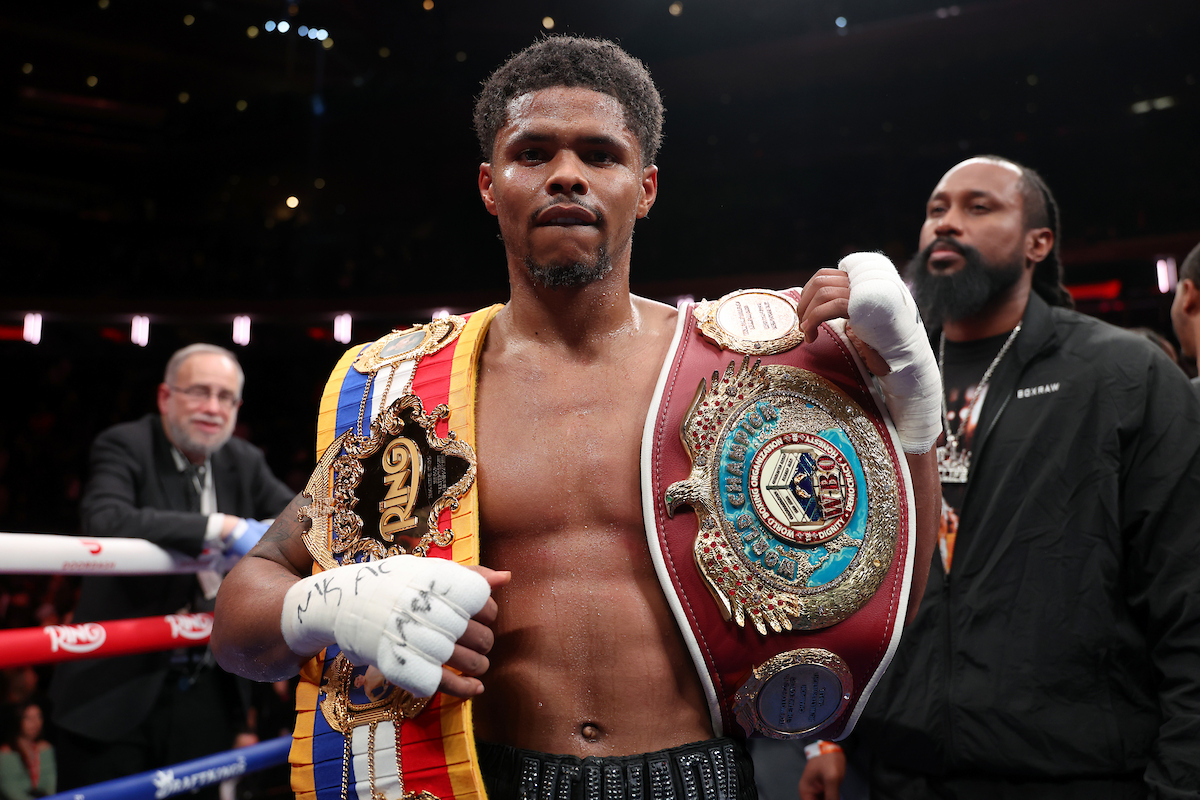
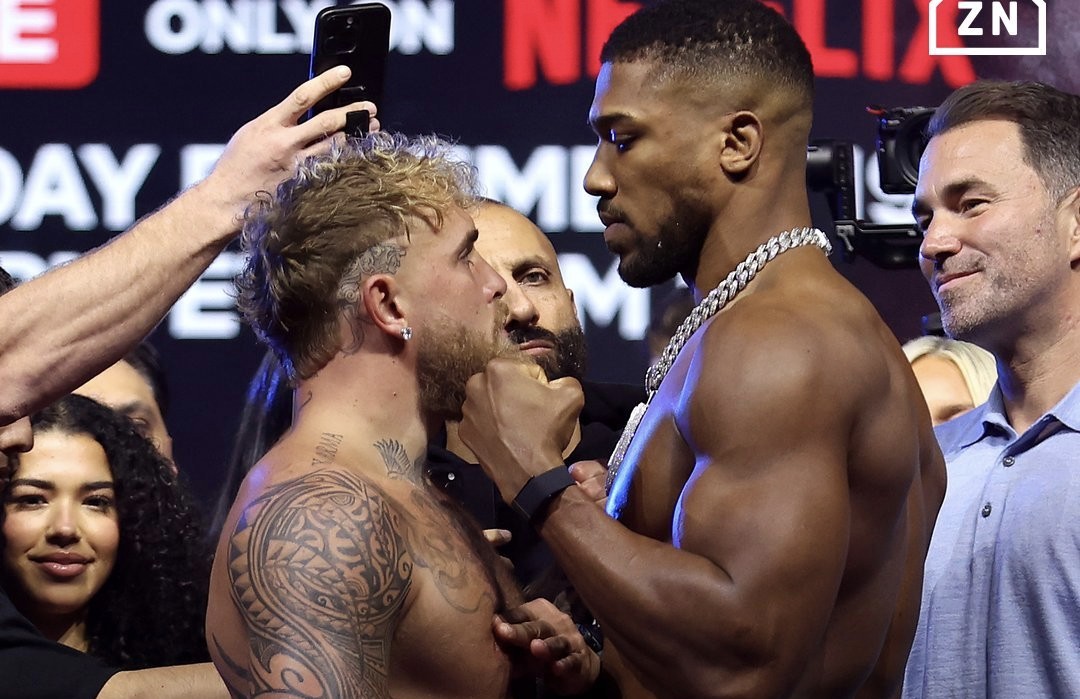
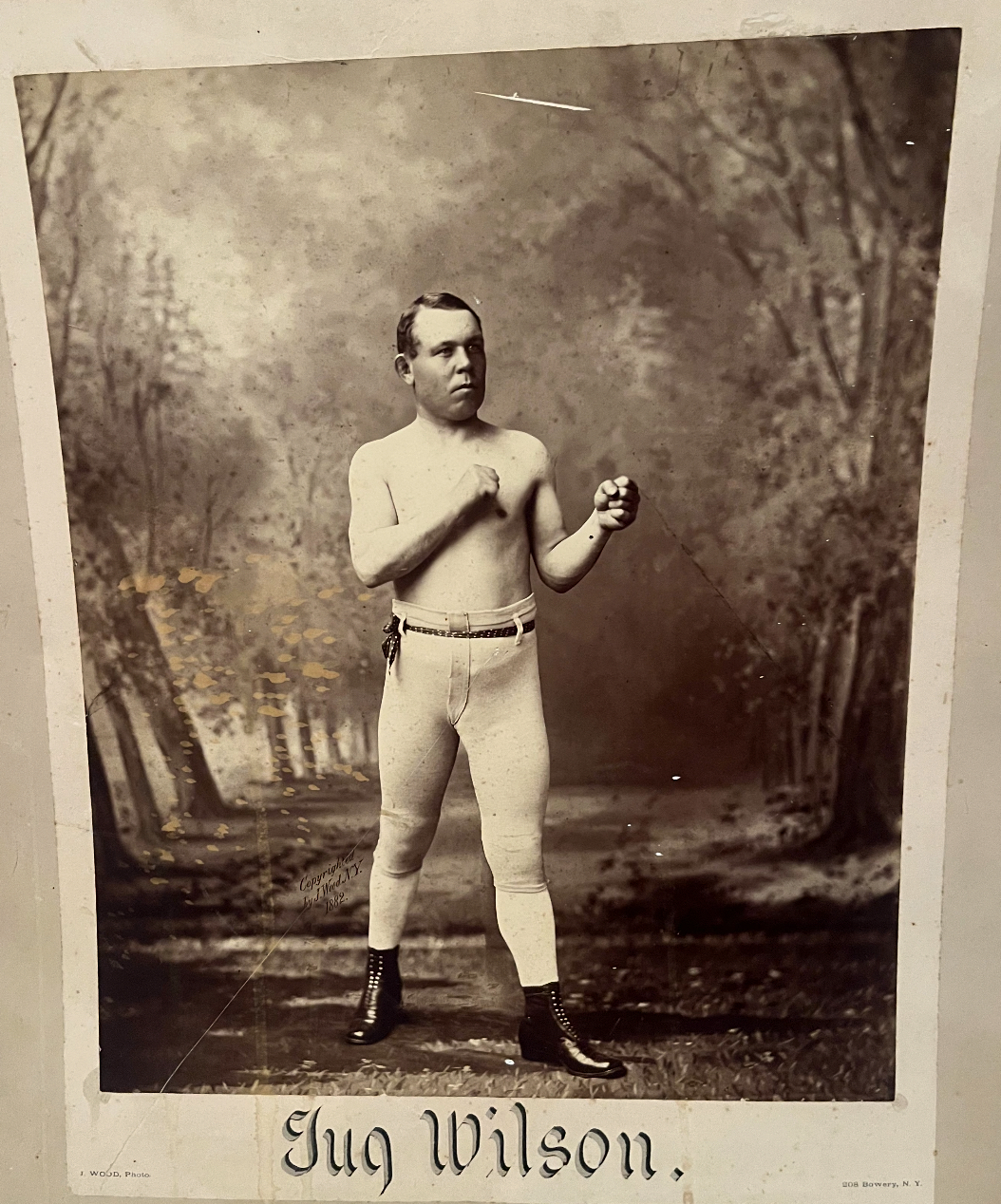
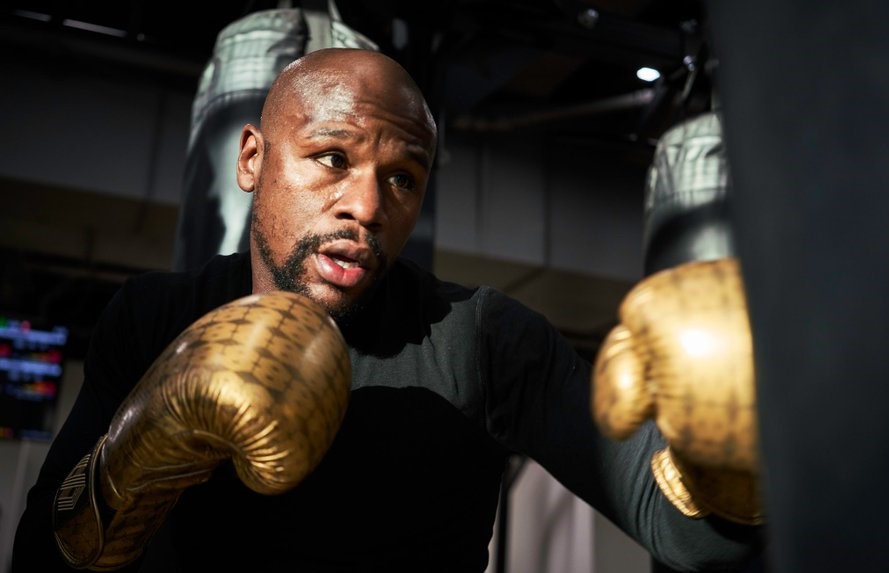
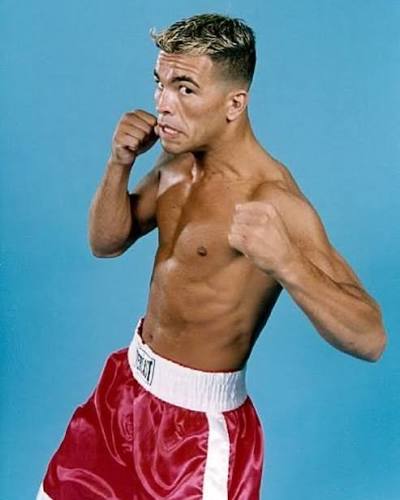
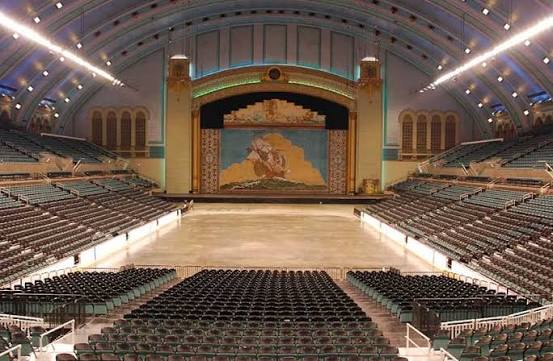

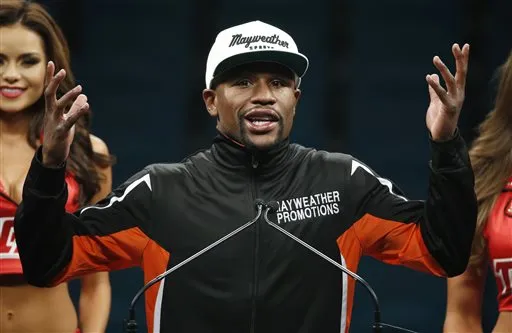
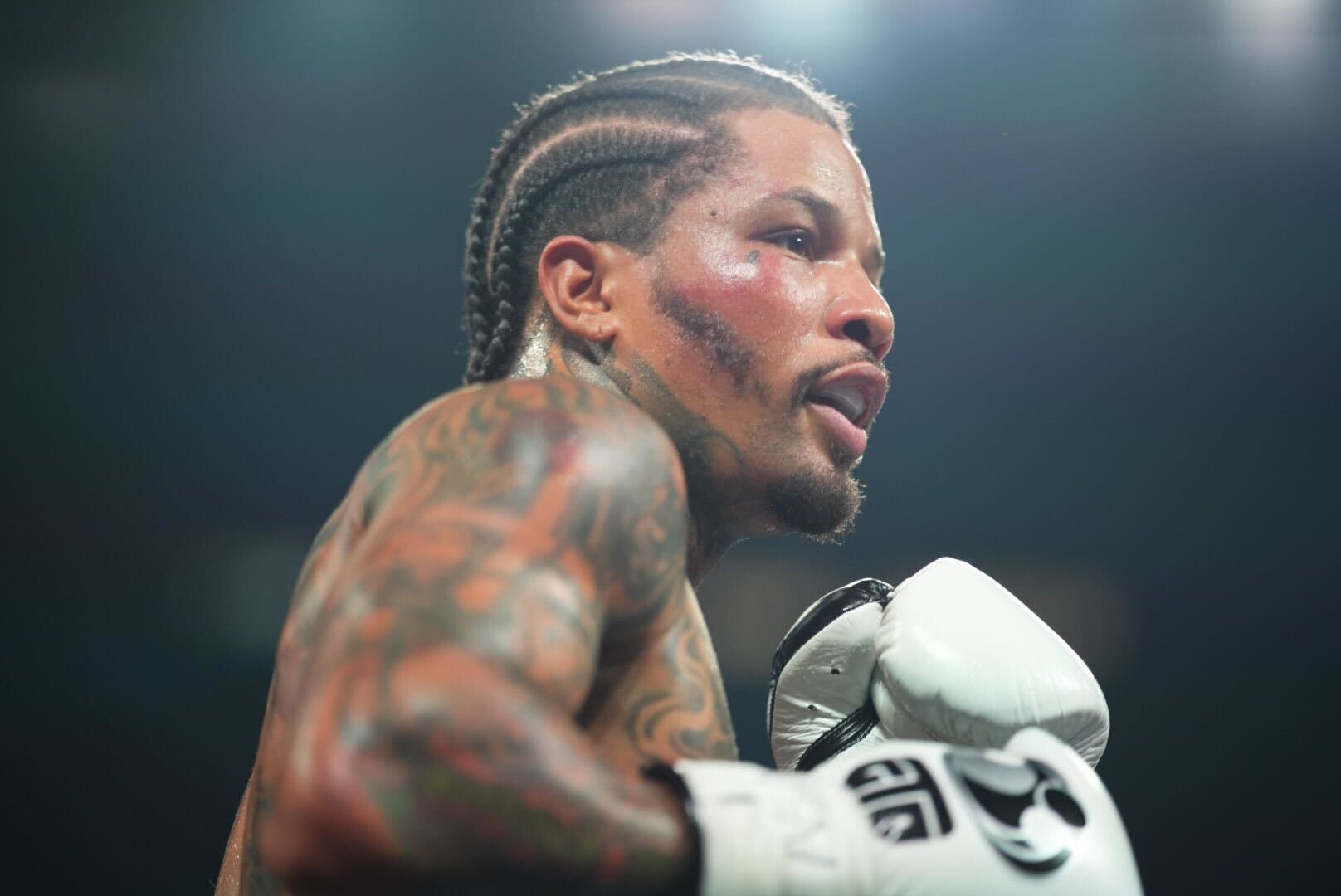
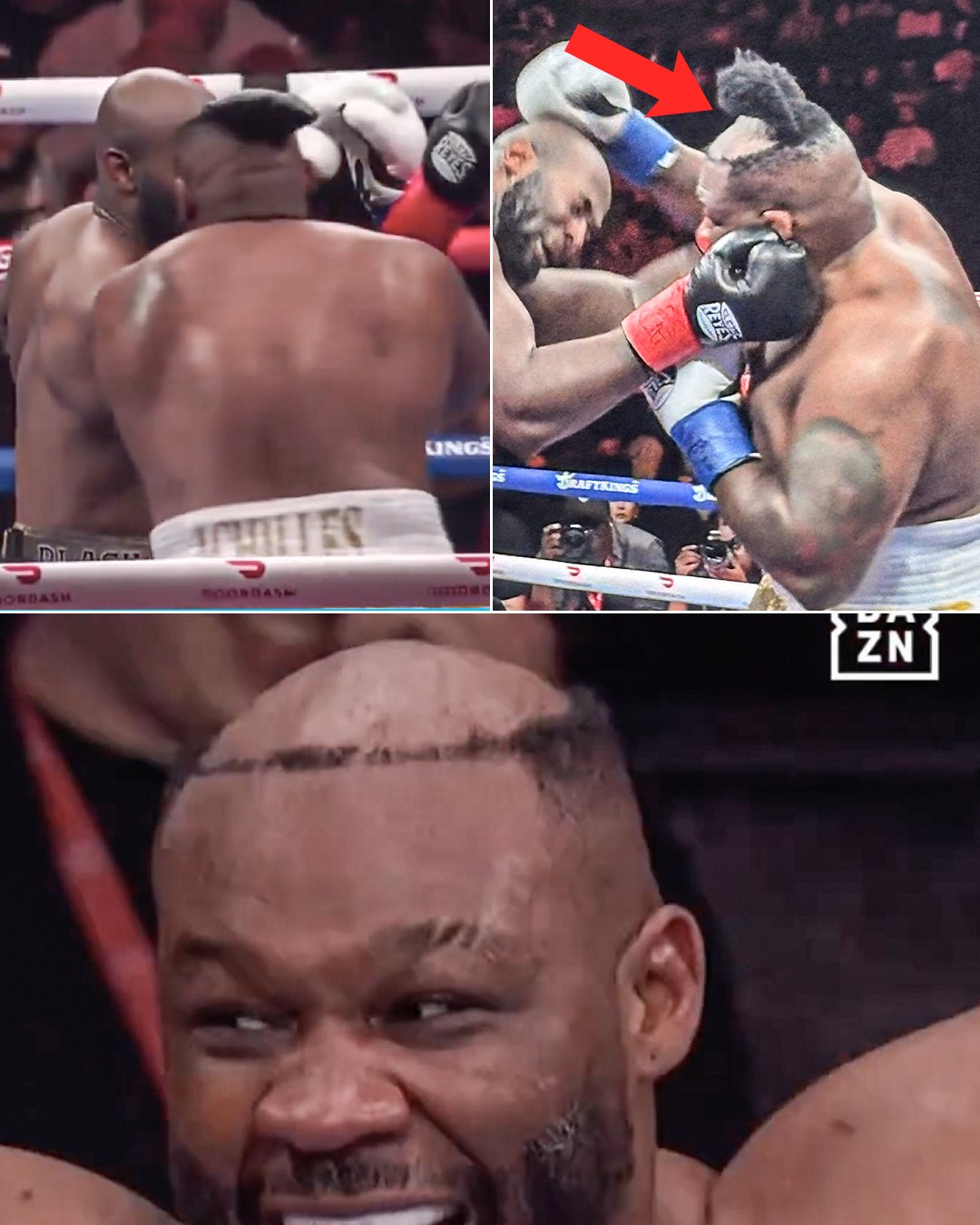
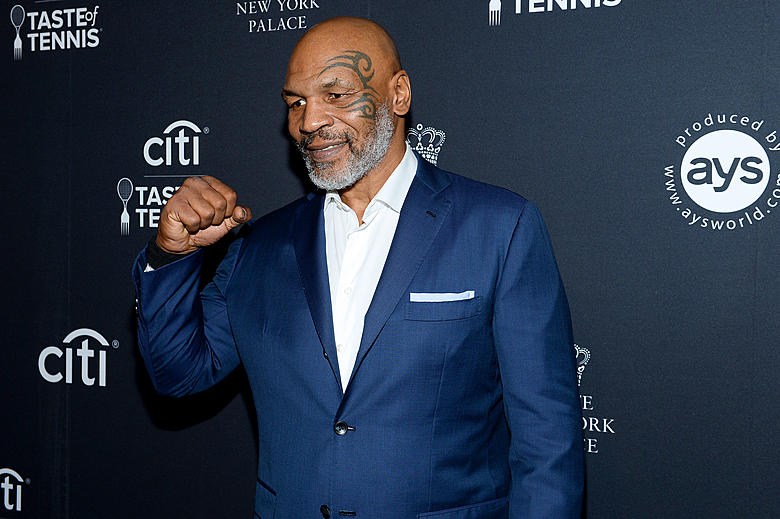
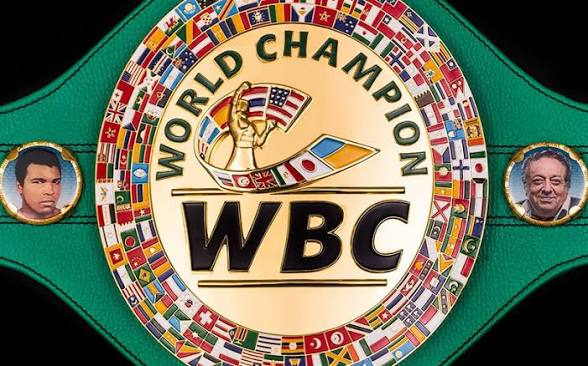
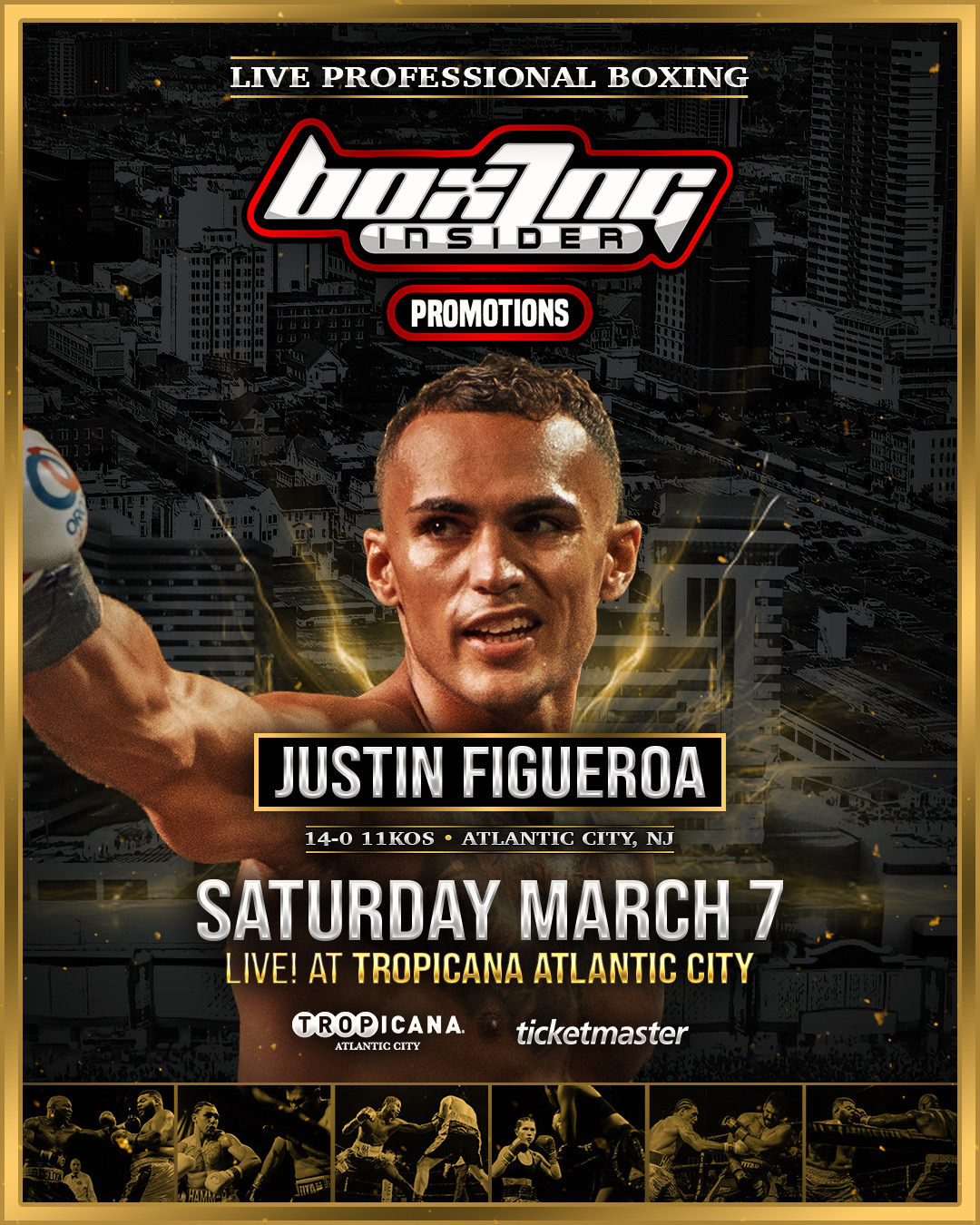
Comments are closed